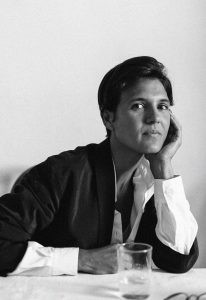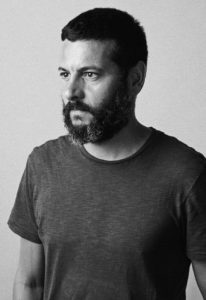Jaume Portell
Teaches Statistics — Data as a Raw Material
Jaume Portell is a journalist with a strong interest in economics and international relations, with a special focus on the African continent.
In 2015, he won a European award for his article “Les altres Europes”, in which he explained the link between African migrants arriving in Europe and the fishing treaties the EU had just signed with Senegal. Since then, he has visited and/or lived in Senegal, Gambia, Burkina Faso, and Ivory Coast, where he had the opportunity to cover his first Africa Cup of Nations football tournament.
In 2018, he won the 10th Casa África Essay Prize, an institution linked to the Spanish Ministry of Foreign Affairs, for “Un grano de cacao”, a piece about how cocoa and chocolate can serve to explain the past, present, and future of Euro-African relations. In 2023, he published “Per què no es queden a l’Àfrica?”, a chronicle analyzing the reasons behind migration from Senegal and Gambia to Spain.
As a freelance journalist, he has contributed to outlets such as The Guardian, The Continent, Ara, and the magazines Panenka, Sapiens, 5W, and Mundo Negro. On the radio, he collaborates on the program “Vostè Primer” on Rac1, where he comments on the political, economic, and cultural issues of various African countries. His analysis and development of statistics have enabled him to work with Casa África on database creation and, more recently, with Domestic Data Streamers on projects related to energy transition, green industrialization, and food sovereignty in African countries.

“Our entire lives are shaped by numbers. This course will theoretically explore how numbers can reveal—but also conceal—different realities. The practical component will focus on something as common in our daily lives as food. Students will be encouraged to explain the world by examining their refrigerator, and will be prompted to answer—and pose—questions like these: Why has manufacturing clothes in China drained the aquifers of central Catalonia? How did African workers end up there? How can we explain the world without leaving the supermarket?”











